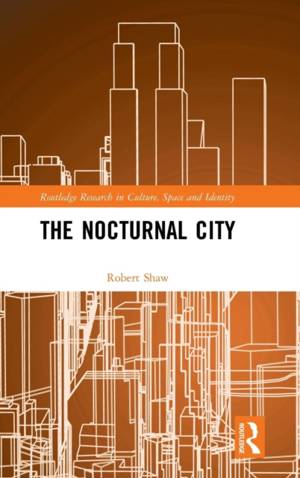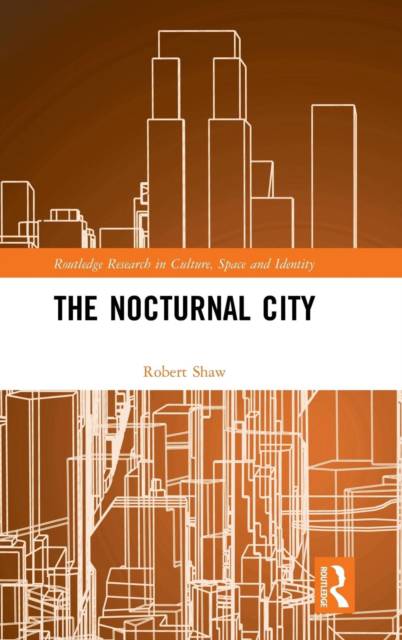
- Retrait gratuit dans votre magasin Club
- 7.000.000 titres dans notre catalogue
- Payer en toute sécurité
- Toujours un magasin près de chez vous
- Retrait gratuit dans votre magasin Club
- 7.000.0000 titres dans notre catalogue
- Payer en toute sécurité
- Toujours un magasin près de chez vous
Description
Night is a foundational element of human and animal life on earth, but its interaction with the social world has undergone significant transformations during the era of globalization. As the economic activity of the 'daytime' city has advanced into the night, other uses of the night as a time for play, for sleep or for escaping oppression have come increasingly under threat.
This book looks at the relationship between night and society in contemporary cities. It identifies that while theories of 'planetary urbanization' have traced the spatial spread of urban forms, the temporal expansion of urban capitalism has been less well mapped. It argues that, as a key part of planetary being, understanding what goes on at night in cities can add nuance to debates on planetary urbanization.
A series of practices and spaces that we encounter in the night-time city are explored. These include: the maintenance and repair of infrastructure; the aesthetics of the urban night; nightlife and the night-time economy; the home at night; and the ecologies of the urban night. Taking these forward the book will ask whether the night can reveal some of the boundaries to what we call 'the urban' in a world of cities, and will call for a revitalized and enhanced 'nightology' to study these limits.
Spécifications
Parties prenantes
- Auteur(s) :
- Editeur:
Contenu
- Nombre de pages :
- 136
- Langue:
- Anglais
- Collection :
Caractéristiques
- EAN:
- 9781138676404
- Date de parution :
- 20-02-18
- Format:
- Livre relié
- Format numérique:
- Genaaid
- Dimensions :
- 156 mm x 234 mm
- Poids :
- 371 g

Les avis
Nous publions uniquement les avis qui respectent les conditions requises. Consultez nos conditions pour les avis.






